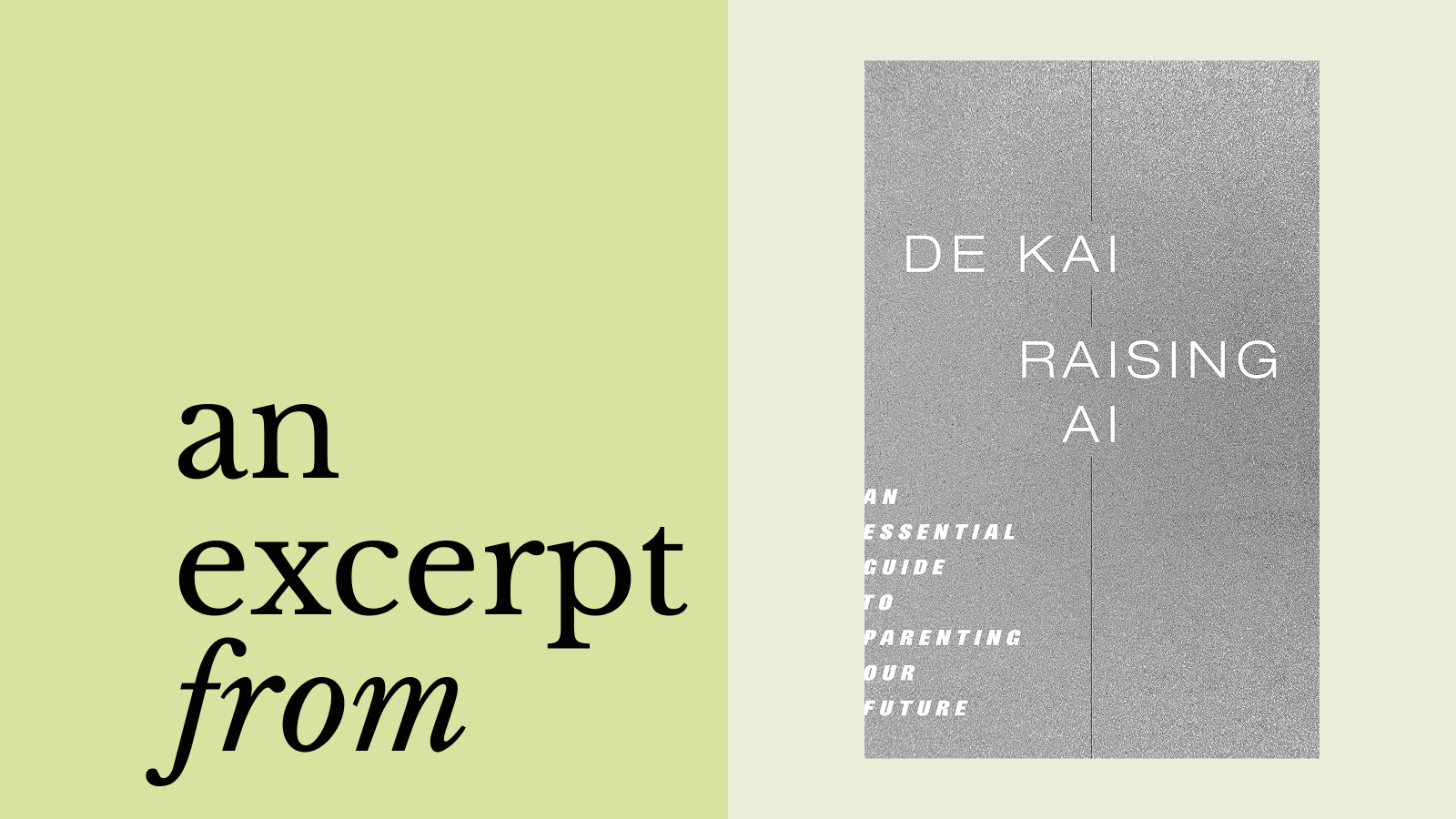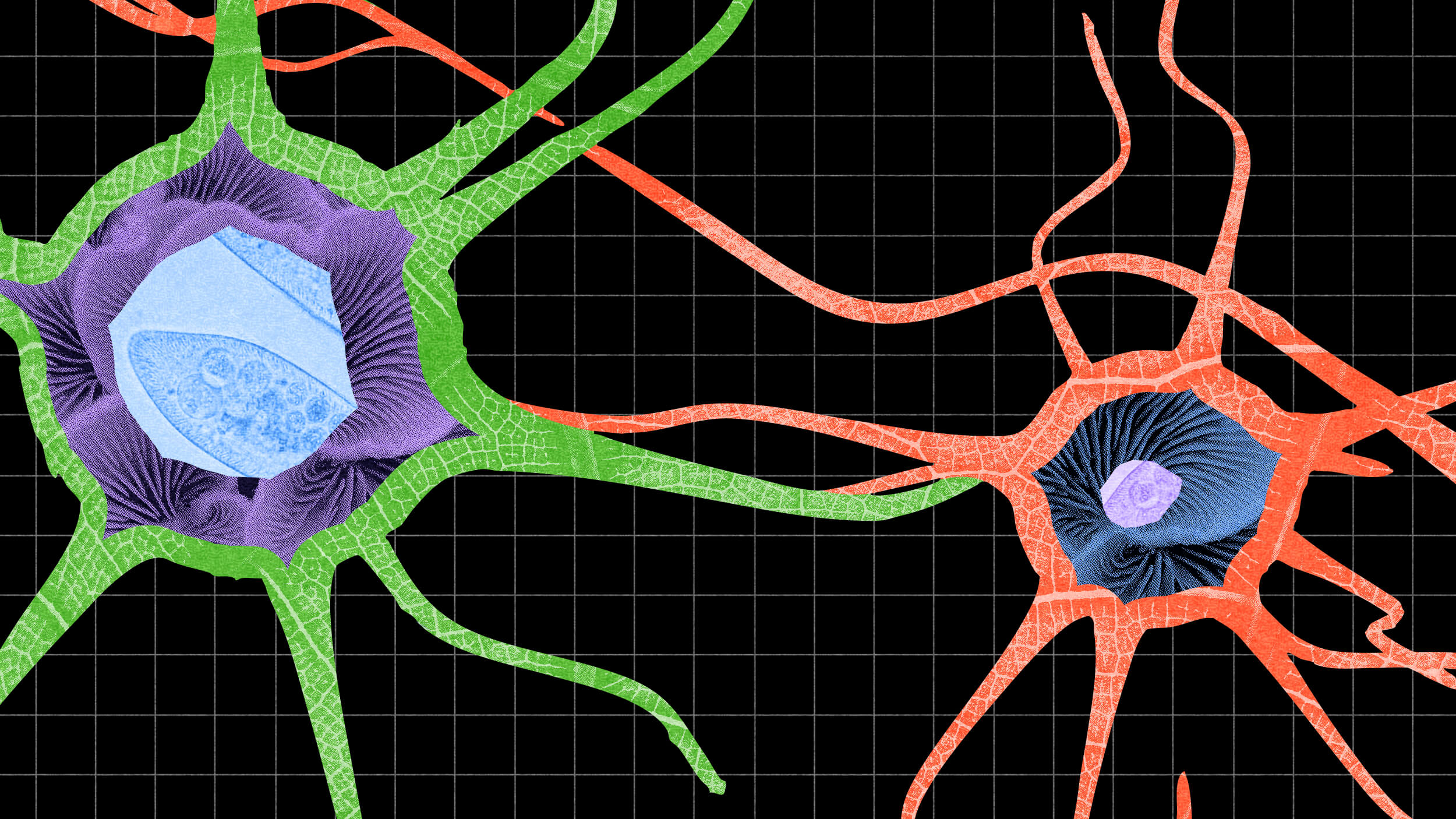We’ve come from a tightly segregated society to an integrated one, Zinn says.
Topic: Race in America.
Howard Zinn: The situation of Black people in this country [USA]. I started becoming involved in the movement for desegregation and racial equality when I moved South in 1956 to teach at a Black women’s college in Atlanta, Georgia, Spellman College. I became involved in the movement. That was in 1956.
Here we are, just about 50 years later, talking about the trajectory, we have gone from a tightly segregated society in the South, and a partially segregated society in the North, to a more open society. Not a fully integrated society, but certainly the South has changed.
Legal segregation, which existed, is over. We are seeing more Black people and White people doing things together. There’s more intermarriage which, of course, the people feared but which is a good thing, and come to think of it, which Obama represents in a good way.
Progress has been made. There’s now perhaps 10%-20% of the Black population which is economically much better off than ever has been true of that part of the Black population before.
There are more openings in media and business and the professions for a certain number of Black people. But I speak about 10 or 20 percent. For the vast majority of Black people, their lives are still constricted by poverty and racism. The civil rights movement accomplished a good deal by beginning to remove some of the important social barriers. What it did not remove was the barrier of class, the barrier of economic injustice.
Martin Luther King recognized this. That’s why toward the end of his life he began working for economic rights for Black people.
The trajectory is one which took a very sharp upturn in the 1960s and which then has, you might say, settled down into a situation which is not going to change very much until there’s a change in the economic system of this country. So long as we have an economic system based on profit and corporate wealth, there’s going to be an impoverished class. And so long as there is an impoverished class, I’m talking about the 40 million people who don’t have health care, the 20% of children in the country who grow up very, very poor. So long as we have an impoverished class, Black people will be disproportionately in that class. The trajectory has reached a point where it is not going to go up much further unless we have economic changes which benefit not just Black people but White people, fundamental change in our economic and social system.
Question: What should we change?
Howard Zinn: Those changes have to be for the government to go back and look at what the New Deal did in the 1930s. The New Deal was not constrained as governments are today by this idea that government must not take a hand in the economy, which is a hypocritical remark anyway, because the government takes a hand in the economy all the time. They just took a big hand in the economy to help the financial institutions.
When I say going back to the New Deal, the principle that the government must take care of people, the government has to guarantee jobs to everybody, because private enterprise won’t do it, it has not been able to do it. The government has to guarantee decent housing for everybody, which again, private enterprise cannot do. The government has to get rid of privatization in the health system and guarantee free medical care for everybody, what is called a single-payer system. These are the things that need to be done if we are going to have an egalitarian and just humane society for people of all races.
Date Recorded: July 05, 2008





